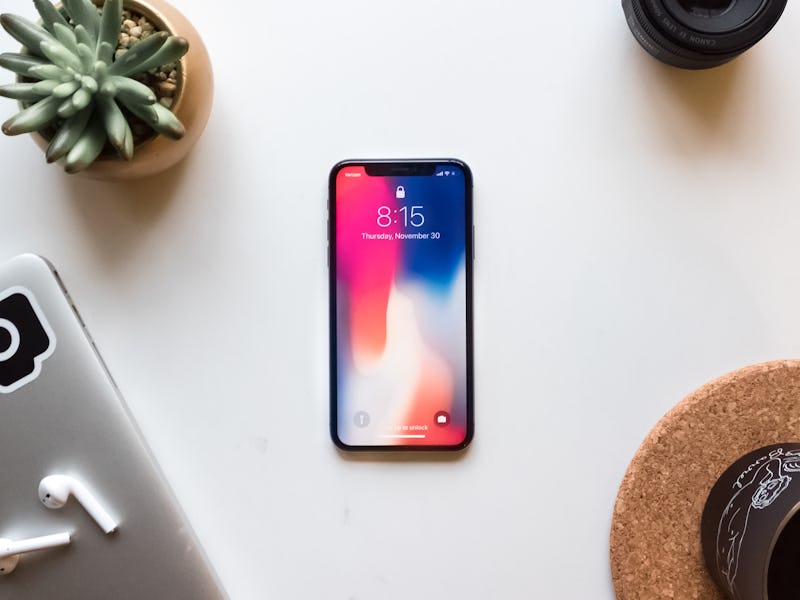Apple Faces a Staggering Number of Lawsuits Over Slow iPhones
The controversy isn't stopping now.

Apple’s iPhone controversy is showing little signs of slowing down. The company admitted late last year that older devices do function slower, as new software updates throttle processor power to stop older batteries from buckling udner strain and shutting down. Although a planned update will give users the option to turn this throttling off, owners are furious and plan to take legal action.
The U.S. Judicial Panel on Multidistrict Litigation has listed a hearing scheduled for March 29 in Atlanta, Georgia, where it will consider consolidating a number of similar cases into a single complaint. The move could help legal action easier to manage. MacRumors-obtained documents shows Apple faces a staggering 59 putative class actions with 16 district courts, 30 of which are in front of one judge in the Norther District of California.
Apple has been working hard to rectify the issue in the public eye. The change was discovered when a Reddit user called TeckFire noted GeekBench performance improved when older batteries were replaced. The company then confirmed that since iOS 10.2.1, the phone has reduced the speed of processors so that it can’t place too high a demand on power usage, causing the battery to cut all power. The feature was originally present on the iPhone 6, 6 Plus, 6s, 6s Plus, and SE, rolled out further to the iPhone 7 and 7 Plus with version 11.2 in 2017.
Apple now plans to give users the choice over whether to limit performance. iOS 11.3, currently in the beta stage, will offer a “Battery Health” screen in the device settings:
iOS 11.3 battery health screen.
A brand-new phone will show up as maximum capacity of 100 percent. As time goes on, the phone will lose some of this capacity, but after 500 cycles the phone should remain at 80 percent. The switch below will give users the choice of whether to switch to peak performance, switching on management after the first unexpected shutdown. It’s an unusual level of control over device management, but Apple is keen to change perceptions.
“We’re going to give people the visibility of the health of their battery, so it’s very, very transparent,” CEO Tim Cook said in a January interview with ABC News. “This hasn’t been done before, but we’ve thought through this whole thing and learned everything we can learn from it.”
Whether these changes are enough to rectify the damage caused in the public eye remains to be seen.